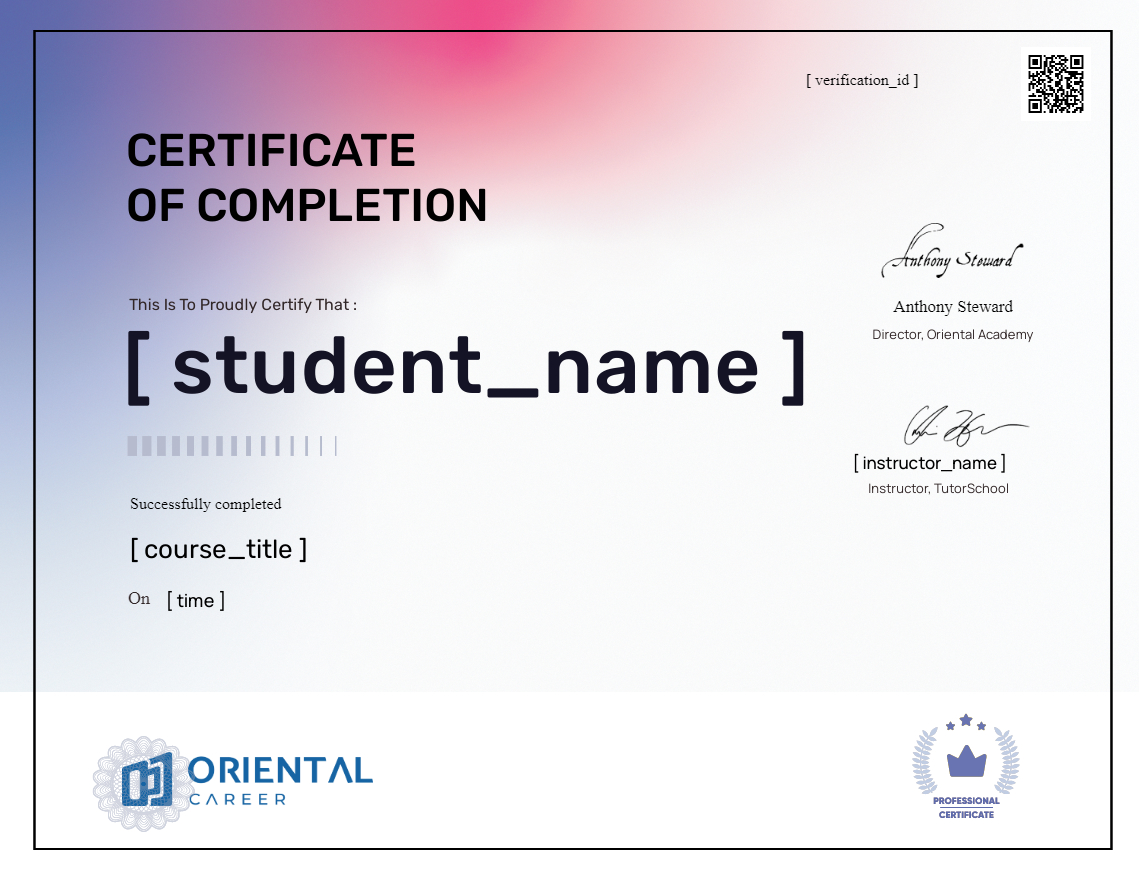The Science of Achieving Well-Being: Yale University
About Course
In this course, you will engage in a series of challenges designed to increase your own happiness and build more productive habits. In preparation for these tasks, Professor Laurie Santos reveals misconceptions about happiness, annoying features of the mind that lead us to think the way we do, and the research that can help us change. You will ultimately be prepared to successfully incorporate a specific wellness activity into your life.
THE SCIENCE OF WELL-BEING WAS PRODUCED IN PART DUE TO THE GENEROUS FUNDING OF THE DAVID F. SWENSEN FUND FOR INNOVATION IN TEACHING.
Course Content
Week1
-
Start a New Journey! (V)
01:00 -
Welcome Letter from Professor Santos
-
Become Happier by Learning & Applying Psychological Science (V)
05:00 -
Why This Course Exists (V)
04:00 -
Boosting well-being during the COVID-19 pandemic
-
What is the G.I. Joe Fallacy? (V)
05:00 -
Course Requirements
-
Course Rewirements
-
Rewirement Tracking
-
Measure Your Happiness and Discover Your Strengths
-
References & Notes
-
Ways to Learn More
23:00
Week 2
Week 3
Week 4
Week 5
Week 6
Week 7
Week 8
Week 9
Week 10
Earn a Certificate
Add this certificate to your resume to demonstrate your skills & increase your chances of getting noticed.

Student Ratings & Reviews
